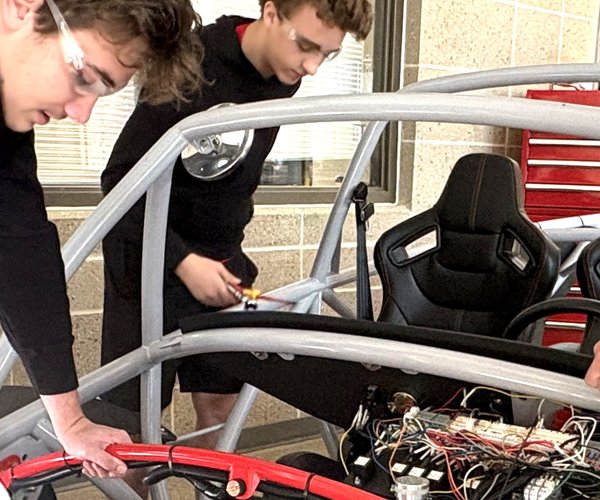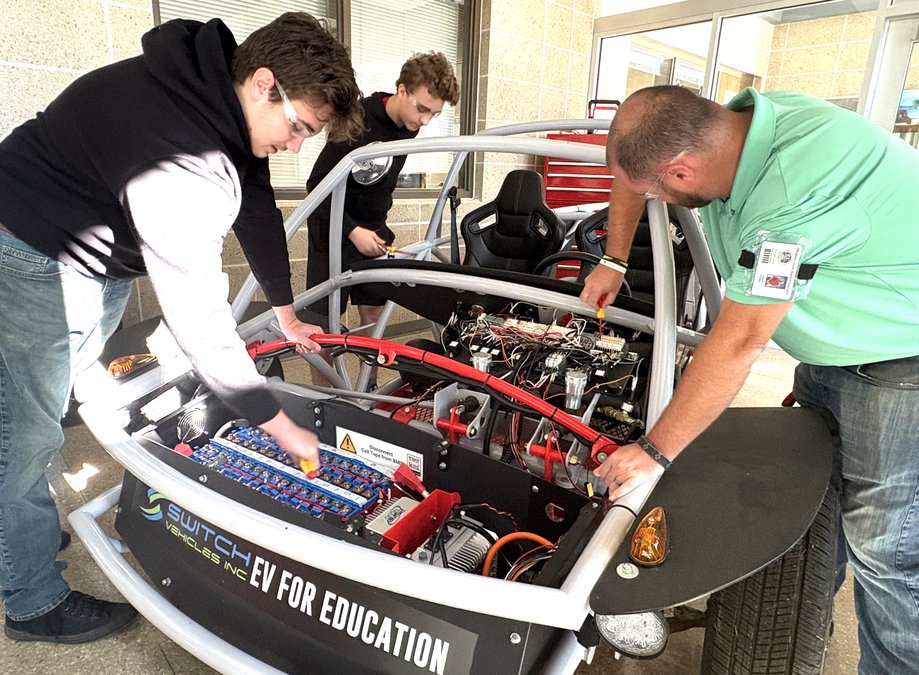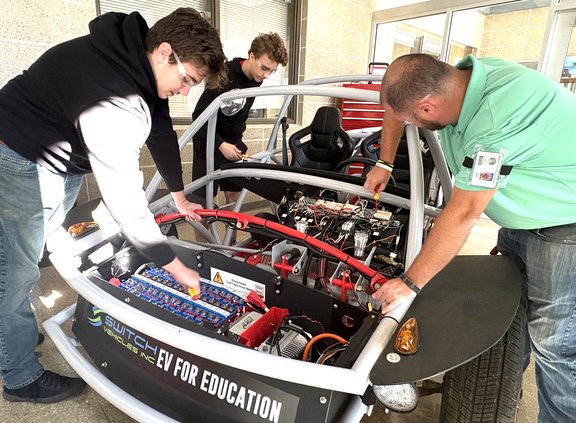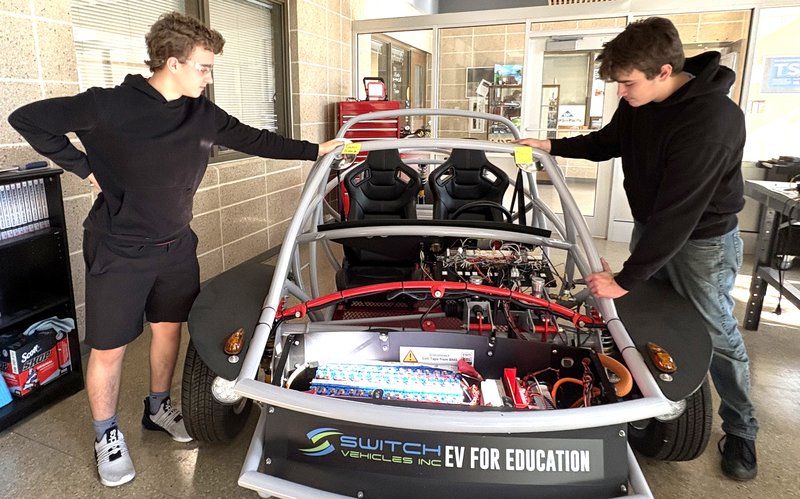WASHINGTON — President Bush announced a proposed FY09 budget for the U.S. Small Business Administration that increases small business lending capacity by 37 percent, increases funding for SBA’s ongoing operational reforms and supports a steady staff of more than 2,100 full-time employees.
The president proposes $657 million in new budget authority for SBA in FY09, a 15.5 percent increase over the FY08 enacted level and a 6 percent increase in core operating budget over FY08. Including anticipated carryover funds for disaster lending and other revenues, the total spending package for the year would be $819 million.
That budget level provides funding for more than $1 billion in loans in the agency’s improved disaster assistance program, which underwent major changes since the 2005 Gulf Coast hurricanes. As a result, SBA eliminated a backlog of more than 100,000 Katrina loan applications and put more than $6 billion into the hands of disaster victims rebuilding their lives and communities along the Gulf.
“This is a fiscally responsible budget proposal which supports SBA’s mission to foster small business growth and assist home and business owners affected by a major disaster,” said SBA Administrator Steve Preston. “The increased lending capacity will also allow us to provide more capital to small business, enhancing our ability to boost the economy.”
“In addition, this proposal enables us to build on initiatives to improve operational efficiency, further strengthen our disaster assistance program and increase outreach to underserved markets in inner cities and rural communities. We also have several initiatives planned to improve federal contract opportunities, and training and counseling to women, veteran and minority entrepreneurs, which advances this budget proposal.
“We are enthusiastic about the year ahead and look forward to working with our congressional oversight committees throughout the budget process to ensure America’s small businesses have SBA resources to enable their success.”
The budget would authorize more than $28 billion in its primary small business financing programs, including a level of $17.5 billion for the 7(a) Guaranteed Loan program, $7.5 billion for the Certified Development Company, or 504, loan program, and $3 billion for venture capital support under the Small Business Investment company program.









